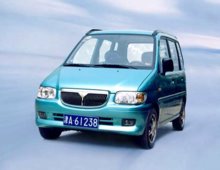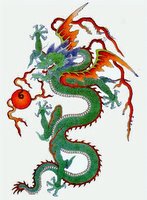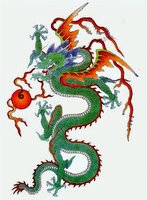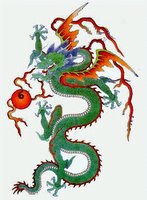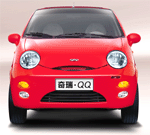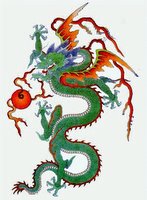 Super girls, American Idol knockoff with Chinese characteristics?
Super girls, American Idol knockoff with Chinese characteristics?Baidu, China's most popular search engine, has made a list of the hottest words of 2005. And they more or less have to do with intellectual property.
1. MP3; Baidu had to remove illegally uploaded mp3's from it's site. See more here.
2. Super Girls; immensely popular song contest tv show which allegedly is a knockoff of American Idols, broadcasted by Hunan Statellite TV
3. Fairy Tale; a Chinese lovesong
4. QQ; Tencent the company of the QQ instant message software has a legal conflict with Chery Automobile Co. ltd. that named it's new car QQ. See more here.
5. Li Yuchun; is the winner of Super Girls
Is the format of Super Girls, which was a runaway success with 400 million viewers, a knockoff of American Idol as the NYT's David Barboza wrote (see here) or is it inspired by this format as Frank Dai of Global Voices wrote (see here)? Or can you call it American Idol in Chinese, as the Hollywood Reporter wrote (see here).
Formats (detailled programme scripts) are works protected by copyright, as long as they have some form of originality. Ideas, such as that of a song contest, are not protected. Only the elaborate form in which the ideas have been moulded can be protected. This can be hard to proof.
China is a member of Union of the Berne Convention. Because of the territoriality principle of article 5 (2) and (3) of the Berne Convention, a maker of a work whose country of origin is another member of the Union, as would be the case if Fox tv, the right holder of American Idol, would sue Hunan TV, would be protected by the bundle of national laws of that country, in this case Copyright Law of the PRC.
March 2005 a regulation was issued concerning the establishment of copyright collective management organisations (CCMO) in China, see here. One of these called the Music Copyrights Society of China sued China International Culture& Arts Company(CICAC) that sponsored the Super Girls concerts, see here
What about the Chinese characteristics of Super Girls? It's not typical Chinese at all. Watch NYT multimedia presentation nattated by David Barazon here.
previous TGIF next




